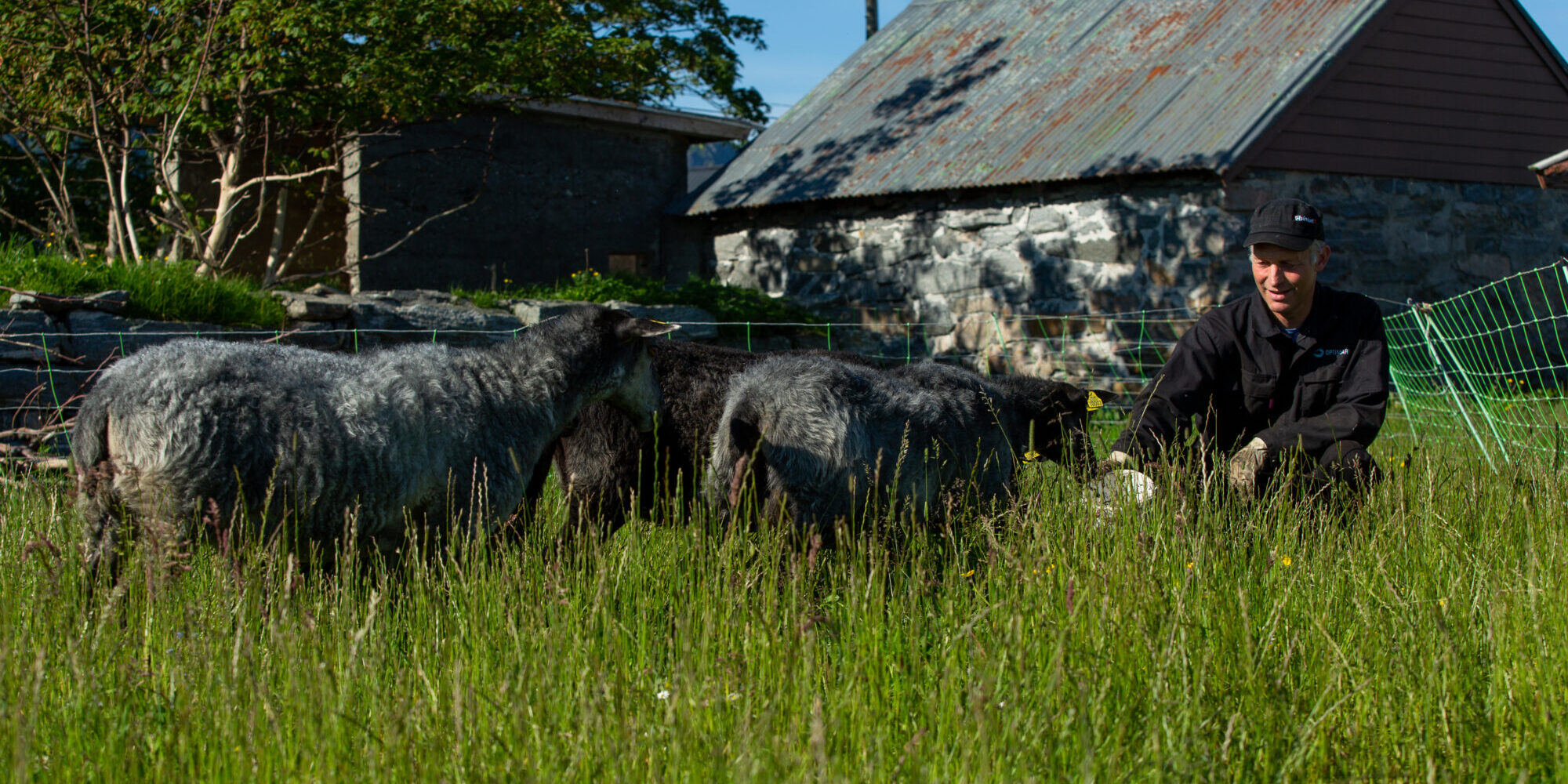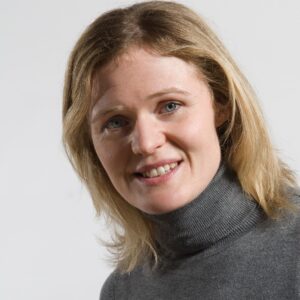
Citizens’ recommendations on how to improve animal welfare
Author
Published: 02 April 2024
Last updated: 02 April 2024
Research areas
Share article:
How can we achieve the best possible animal welfare in agriculture? Citizens from six municipalities in mid-Norway have come up with their recommendations, as part of the research project, GoodAnimal.
The debate on animal welfare in Norway appears polarized and at times very loud. Nevertheless, most of us are listeners to this debate rather than participants. What do regular Norwegian citizens –– really think about animal welfare? What would have happened if Norwegian citizens had been well informed about animal welfare and Norwegian food production, and had been motivated to discuss and understand everyone else’s point of view and perspective?
As part of the project GoodAnimal (Animal Welfare for Sustainable Futures), the researchers conducted a public panel and structured a “deliberative engagement” process with a group of residents from Trondheim and five other nearby municipalities. Members had different ages, educations, professions, and places of residence.
The participants agreed on the following principles for animal welfare in agriculture:
- Animal welfare is about welfare from the animal’s perspective.
- Humans do not rule over, but look after (oversee) animals.
- It is important that each individual species is respected for its need for well-being.
- Where justifiable, as much natural behaviour as possible must be pursued.
- The number of animals in livestock production should not be higher than will permit the animals’ natural behavior to be maintained and it should not contribute to unnecessary stress, injuries, and illness on an individual level.
- Necessary care for animals in agriculture must be ensured – their need for care must be adequately covered.
- The animal must experience freedom and independence.
- There must be good follow-up in cases of illness.
The deliberation process took place in Trondheim over a weekend in June 2023. In advance, the researchers in the GoodAnimal project had formulated the following question, which we wanted the participants to discuss and make concrete recommendations for:
How to achieve the best possible animal welfare in agriculture?
Public deliberation is often referred to as a people’s panel or a citizens’ panel. That is, a representative group of people who have the opportunity to learn, think, and consider/deliberate on a topic. Deliberation appeared within democratic theory in the 1990s and was linked to a desire to adapt and adjust democratic processes to ensure a more genuinely participatory democracy. According to Australian researcher John Dryzek, citizens’ panels can be useful for topics or issues that society should solve but where the conventional democratic solutions of voting in political elections or for political parties that front individual interests, are not geared to finding the best solutions.
Institutions such as the OECD (the Organisation for Economic Co-operation and Development) emphasize the importance of deliberation as a tool for finding solutions to challenging issues and building trust in society. They write on their website that in 2021 across the populations of 22 countries that are members of the OECD, a sizeable minority (30%) trust that the political system allows them as citizens to have an influence on what politicians do. And a slighter larger minority (33%) believe that their government is willing to listen to the population. They write (Innovative Citizen Participation – OECD):
Whilst globally, we see a transition from democratic optimism to democratic pessimism, there are reasons to remain hopeful. Governments continue to move beyond consultations towards representative deliberative processes as a way to improve citizen participation beyond elections. Between September 2021 and September 2023, the OECD collected 160 new cases of representative deliberative processes (such as citizens’ assemblies, councils, and juries) where randomly selected citizens are invited by a public authority to learn, deliberate, and come up with informed recommendations to address a concrete public problem.
In Norway, although they are fairly new, there is increasing interest in citizens’ panels. In a public report from early 2024 (NOU 2024:2), the Nature Risk Commission emphasizes the importance of participation and dialogue as way of ensuring participation and influence in the processes surrounding nature conservation. They note how people’s panels have been used in other European countries around the themes of nature and natural diversity, and how this can be important in Norway as well. Cities such as Oslo and Trondheim have conducted a number of public panels to get input on specific topics and issues like problems with floodwater and sustainable urban development.
As far as possible, the GoodAnimal project followed the OECD guidelines for citizen participation. Throughout the day, the participants had access to, and were presented with, balanced information about Norwegian livestock production, animal welfare based on the animal’s needs, regulation and management of the current regulations for animal husbandry, the role of the supervisory authorities, and finally ethical considerations regarding the keeping of animals and animal rights. In addition, they had plenty of time to discuss animal welfare in Norwegian food production and how it can be improved. The result was a series of recommendations on how animal welfare in Norwegian agriculture can be enhanced.
We hope that these recommendations can serve as concrete input for politicians, supervisory authorities, agricultural cooperatives, and Norwegian farmers, in their joint work and efforts for sustainable Norwegian livestock production. The recommendations have been handed over to the Ministry of Agriculture and Food.
Author
Published: 02 April 2024
Last updated: 02 April 2024
Research areas
Share article:
Related articles
Ingen relaterte artikler funnet
